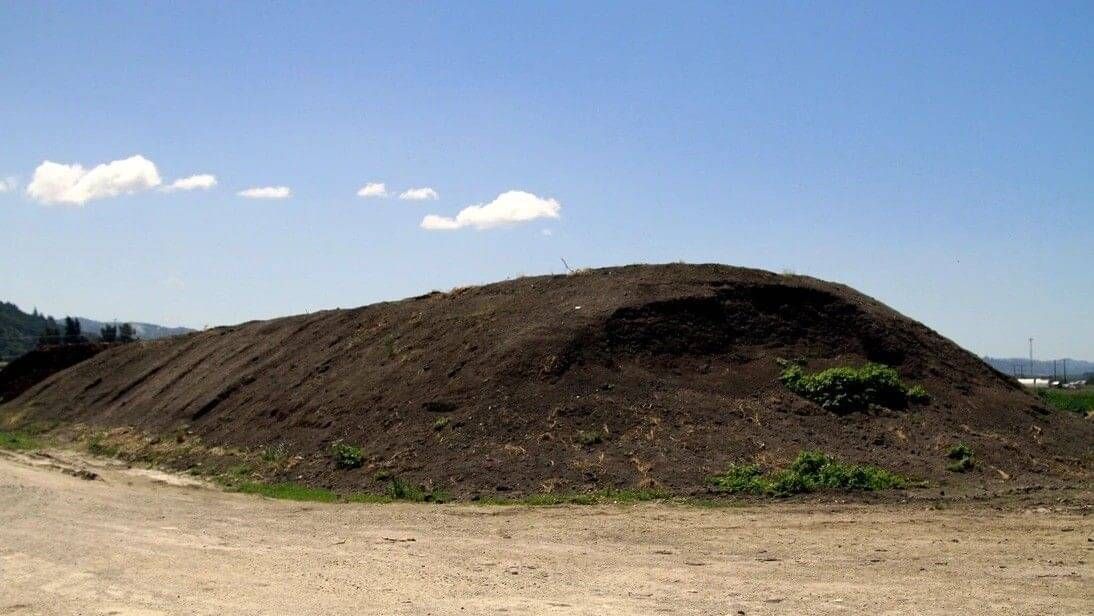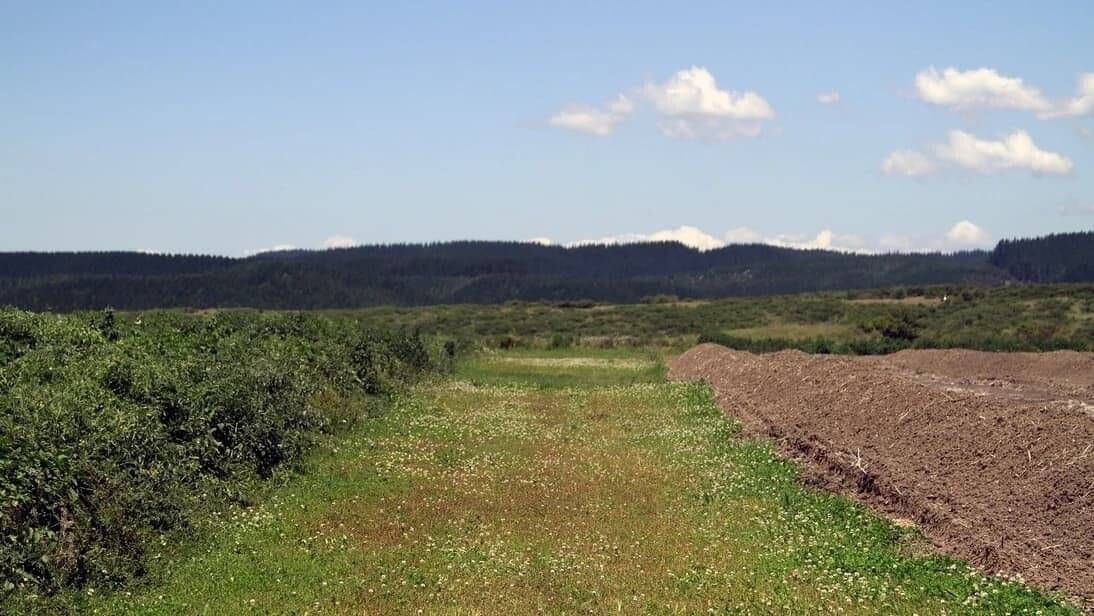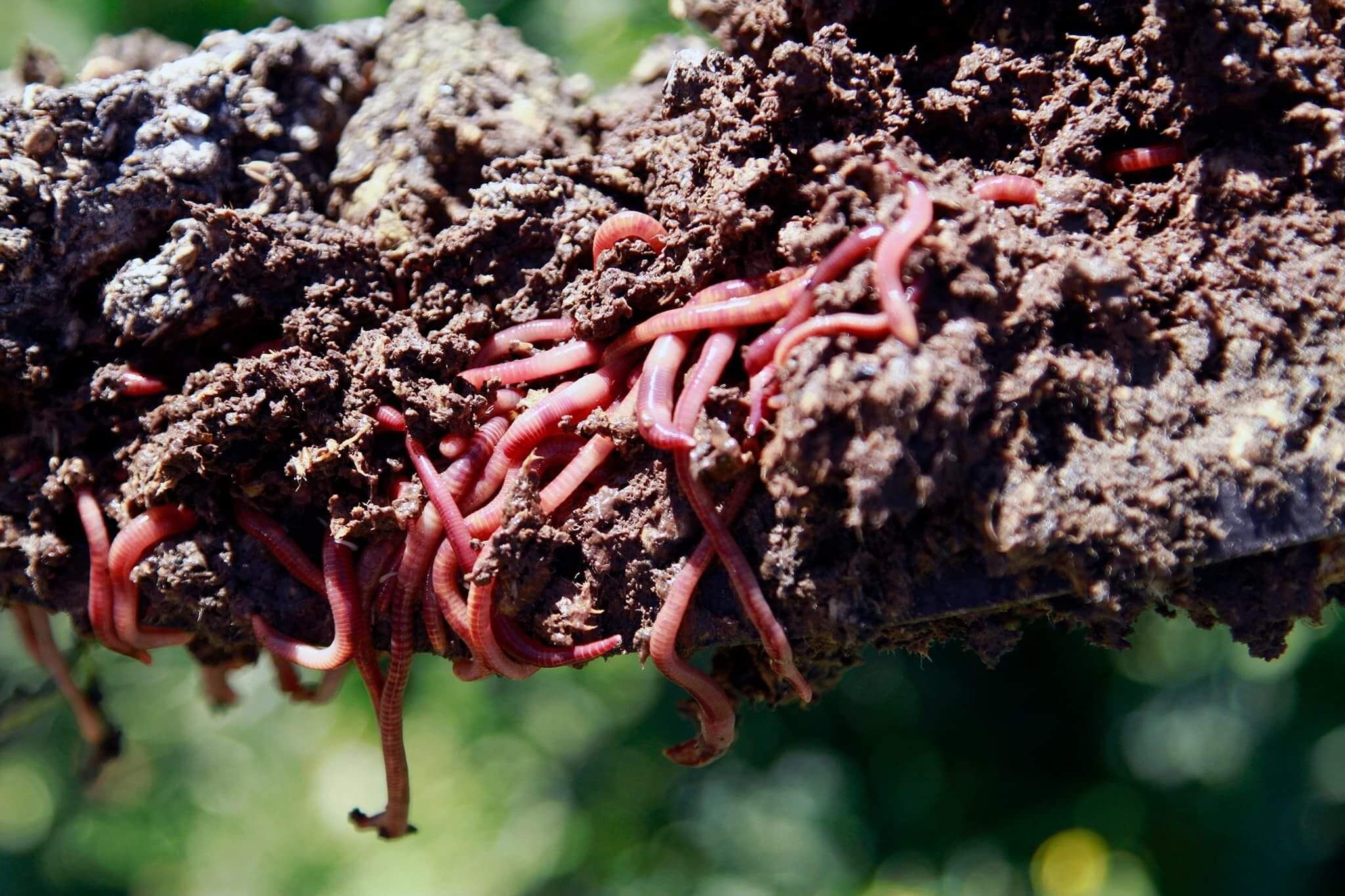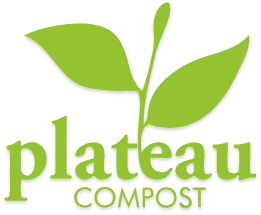Our Compost
Compost promotes healthy plant growth
Compost is most well-known for its contribution to healthy and resilient plant growth. It has a number of complementary benefits to plant growth, among them that it balances soil density, adds and retains nutrients, and discourages disease, pests and weeds. These and other benefits help ensure that adding compost to the mix will grow healthier plants.
Compost is essential for sustainable agriculture
Composts play an essential role in any type of sustainable agricultural system, effectively recycling municipal, industrial or agricultural wastes and residues, and returning organic matter to the soil ecosystem. Adding organic matter to soils can relieve compaction and increase aggregate stability, thus greatly improving soil structure, which has favorable effects on soil biota.
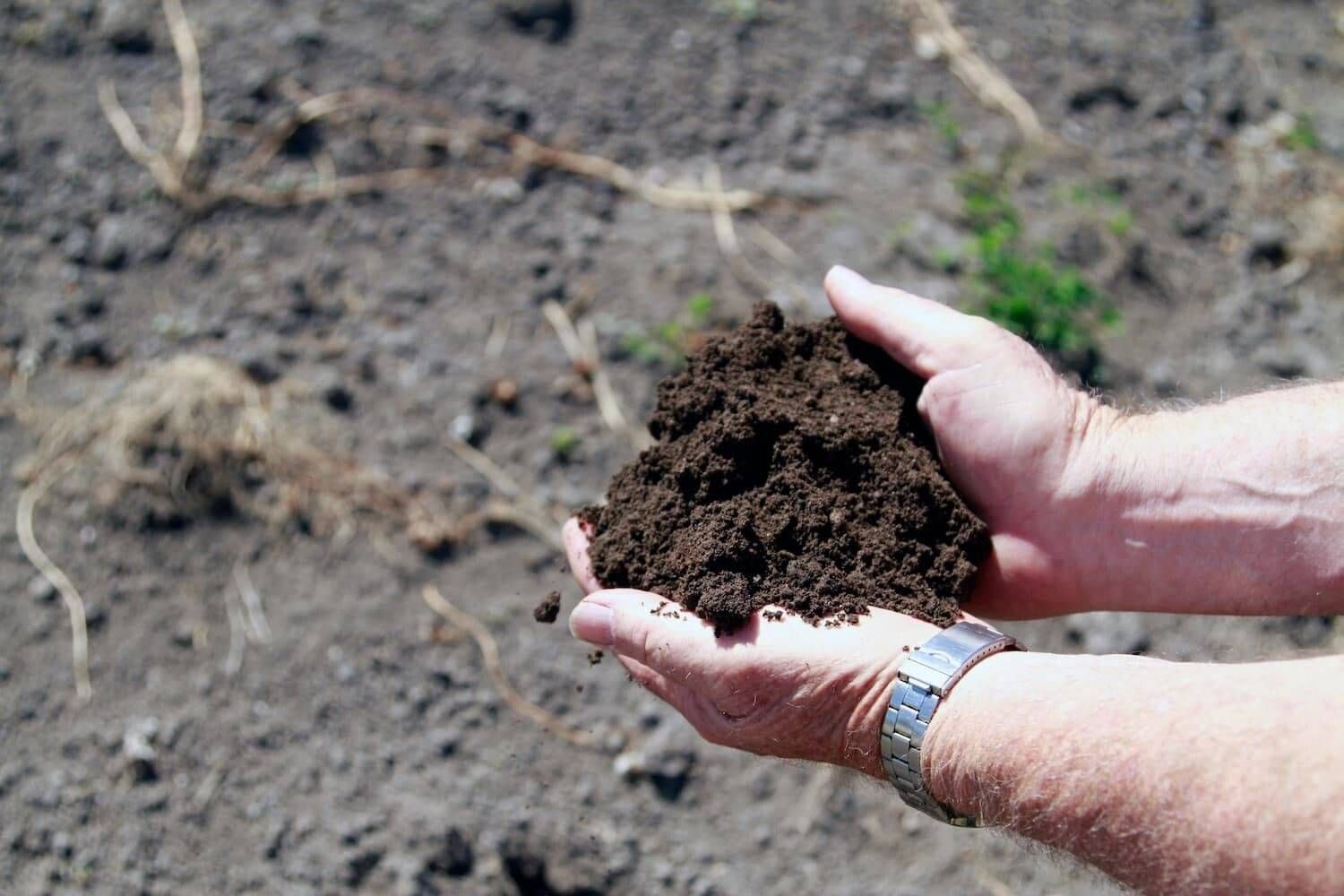
Why use compost?
Application of compost provides food for soil biology, increases oxygen and moisture penetration to the soil thus enhancing plant root growth and element availability, and provides nitrogen, phosphorus and valuable organic matter.
The Plant Growth Benefits of Compost
There are many benefits to plants from the use of compost - research over many years has been table to teach us why it is so effective. The below information is from the US Composting Council - go to their website to find out more.
Compost is most well-known for its contribution to healthy and resilient plant growth. It has a number of complementary benefits to plant growth, among them that it balances soil density, adds and retains nutrients, and discourages disease, pests and weeds. These and other benefits help ensure that adding compost to the mix will grow healthier plants.
Balances Soil Density
Compost plays a crucial role in optimizing soil density for plant growth. When soil becomes compacted and overly dense, compost introduces organic matter that helps break up tight particles, creating essential air pockets and improving soil structure. Conversely, in loose, sandy soils, compost acts as a binding agent, helping to aggregate soil particles and increase cohesion. This remarkable ability to both loosen and stabilize soil enables plants to develop more robust and extensive root systems, ultimately promoting healthier and more vigorous plant growth.
Enriches the soil
Compost plays a dual role in soil enrichment by improving nutrient retention and delivering essential plant nutrients. While its nutrient concentrations might be lower than chemical fertilizers, the higher application rates make it a significant source of plant nutrition.
Nutrient Retention
Increases soil's cation exchange capacity (CEC), improving its ability to hold and retain essential nutrients
Nutrient Delivery
Provides vital nutrients including nitrogen, phosphorus, and potassium in organic forms that release slowly
Long-term Benefits
May reduce or eliminate fertilization needs for 6-12 months after application
Important Notes:
Biosolids and animal manure-based composts typically contain higher nutrient levels
Nutrients are released slowly as compost decomposes
Slow release reduces nutrient runoff and environmental impact
Compost Balances PH Levels
Compost helps maintain optimal soil pH levels, which is crucial for plant health and nutrient availability. Most composts have a pH between 6 and 8, making them ideal for balancing soil conditions. Important to note, pH is measured on a logarithmic scale, meaning each unit change represents a tenfold difference in acidity or alkalinity.
Why pH Matters
Each plant species requires a specific pH range
pH affects nutrient availability in soil
Balanced pH optimizes plant growth
Compost Benefits
Natural pH balancing properties
Moderate pH range (6-8)
Helps maintain long-term soil stability
Sponge for water
Compost absorbs water, keeping plants from drying out as quickly.
Suppresses Pests and Disease
Compost provides natural protection against pests and diseases, creating a robust defense system for your plants through nutrient balance and natural disease suppression.
Balanced nutrients strengthen plants naturally, making them more resistant to pest attacks.
High decomposition temperatures during composting help eliminate harmful pathogens. During the composting process, high temperatures naturally occur as materials decompose. This heat:
Eliminates many plant pathogens
Creates an environment where beneficial microorganisms thrive
Helps break down organic matter into disease-suppressive compounds
Plants become vulnerable to pests when their nutrients are imbalanced. Compost helps by:
Providing balanced nutrition for stronger plant health
Supporting natural defense mechanisms
Creating an environment that discourages pest proliferation
Natural weed control through composting
Compost naturally discourages weed growth through two distinct mechanisms: heat treatment during the composting process and nutrient balance in the soil. This dual approach helps create an environment that favors your desired plants while naturally suppressing unwanted weeds.
High temperatures during composting deactivate many weed seeds, preventing future growth
Renders weed seeds harmless
Natural sterilization process
Long-term prevention
Balanced soil nutrients create an environment less favorable for common weeds.
Giant ragweed provides a perfect example of how nutrient balance affects weed growth:
Without Compost
Soil low in potassium creates ideal conditions for giant ragweed growth.
With Compost
Balanced potassium levels help create an environment where ragweed struggles to establish

Want to know more about the Vermicast we use? Go to Ecocast to find out how they turn waste into 100% reusable value
